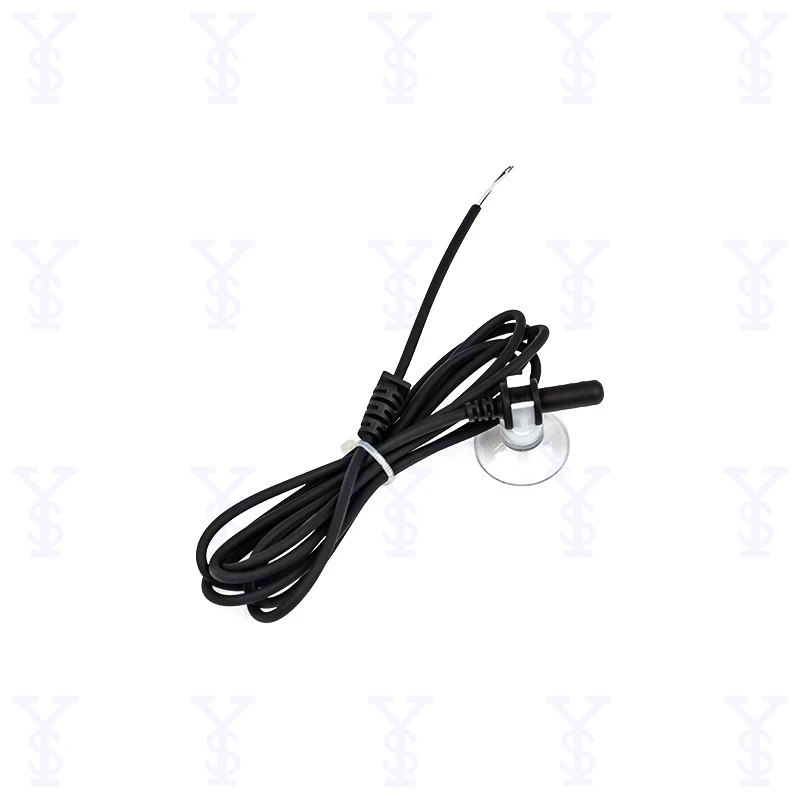Erè fòma imèl
emailCannotEmpty
emailDoesExist
pwdLetterLimtTip
inconsistentPwd
pwdLetterLimtTip
inconsistentPwd


The Importance of Temperature Sensors in Various Industries
Temperature is a critical parameter that affects numerous processes and operations across various industries. To ensure optimal performance, efficiency, and safety, temperature sensors play a crucial role in monitoring and controlling temperature levels. In this blog, we will explore the significance of temperature sensors in different industries and how they contribute to their success.
Food and Beverage Industry:
In the food and beverage industry, temperature control is vital to maintain product quality, prevent spoilage, and ensure food safety. Temperature sensors are used in refrigeration units, cold storage facilities, and during transportation to monitor and regulate temperatures, preventing bacterial growth and preserving the freshness of perishable goods.
Pharmaceutical and Healthcare:
Temperature-sensitive medications, vaccines, and biological samples require strict temperature control to maintain their efficacy and integrity. Temperature sensors are employed in pharmaceutical manufacturing, storage facilities, and transportation to ensure that these products are kept within the required temperature range, safeguarding patient safety and maintaining the effectiveness of medical treatments.
HVAC and Building Automation:
Temperature sensors are integral to heating, ventilation, and air conditioning (HVAC) systems, enabling precise temperature regulation for optimal comfort and energy efficiency. These sensors monitor indoor and outdoor temperatures, allowing HVAC systems to adjust heating or cooling accordingly. In building automation, temperature sensors help maintain a comfortable environment while minimizing energy consumption.
Automotive and Aerospace:
Temperature sensors are essential in automotive and aerospace industries to monitor engine and component temperatures. They ensure that engines operate within safe limits, preventing overheating and potential damage. In aerospace applications, temperature sensors are used to monitor critical systems, such as fuel tanks and hydraulic systems, ensuring safe and reliable operation.
Manufacturing and Industrial Processes:
Temperature control is crucial in manufacturing and industrial processes to maintain product quality, optimize production, and ensure worker safety. Temperature sensors are used in various applications, such as monitoring and controlling temperatures in chemical reactions, metal processing, and industrial ovens. They help prevent equipment failure, maintain consistent product quality, and ensure a safe working environment.
Energy and Power Generation:
Temperature sensors are employed in energy and power generation facilities to monitor and control temperatures in boilers, turbines, and cooling systems. By accurately measuring temperatures, these sensors help optimize energy efficiency, prevent overheating, and ensure the safe operation of power generation equipment.
Conclusion:
Temperature sensors play a vital role in various industries, enabling precise temperature monitoring and control. From ensuring food safety and quality in the food industry to maintaining optimal conditions in healthcare, automotive, manufacturing, and power generation sectors, temperature sensors contribute to efficiency, productivity, and safety. By providing real-time temperature data, these sensors help industries make informed decisions, prevent equipment failure, and maintain optimal conditions for processes, products, and personnel.

